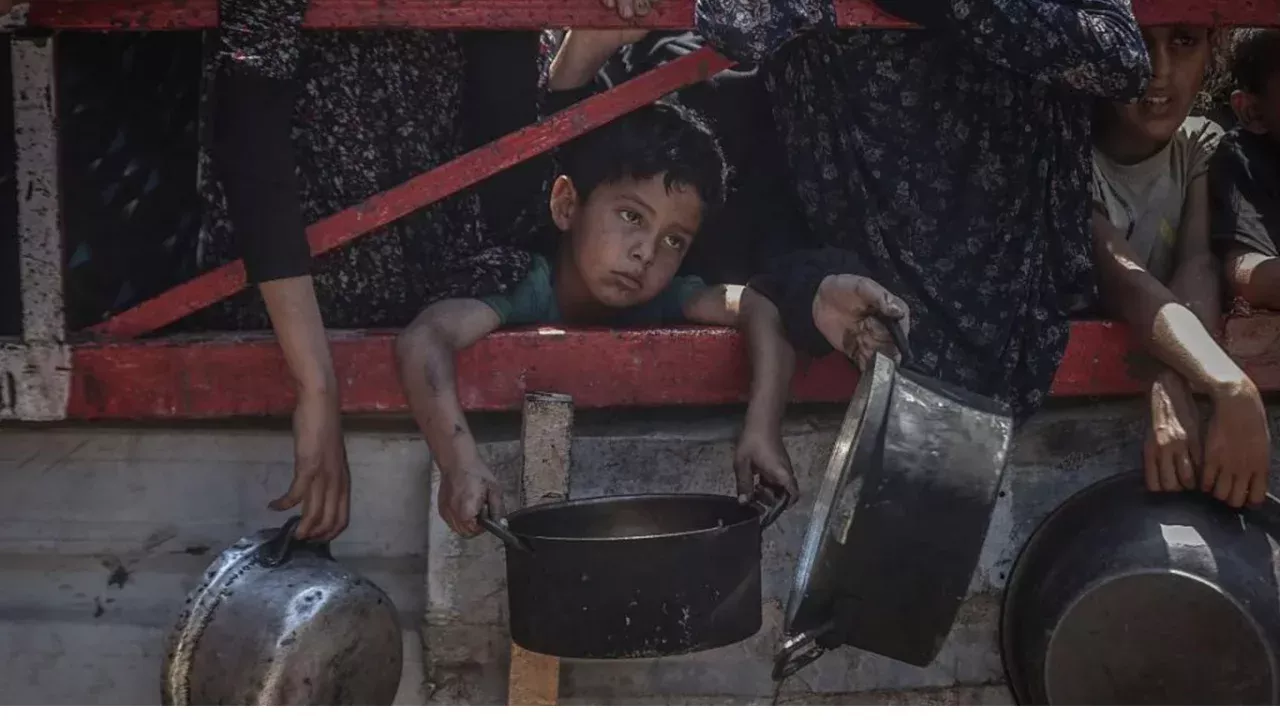Humanitarian aid convoys have begun to enter Gaza

More than two million people living in the Gaza Strip are cautiously responding positively to reports of a humanitarian ceasefire being announced and the entry of aid convoys. This was reported by Zamin.uz.
However, many citizens are concerned that this measure is temporary and will not address the main problems. The Israeli army announced on Sunday that humanitarian corridors would be opened for convoys delivering food and medicine to Gaza.
This decision was made due to the increased risk of hunger and growing international pressure. Daily life in Gaza has nearly come to a halt in recent months.
As a result of bombings, border closures, and the disruption of supply routes, the population is facing serious difficulties in accessing essential needs such as food, clean drinking water, and medicine. Israeli officials have reported that they have delivered seven aid packages consisting of flour, sugar, and canned goods to Gaza by plane.
Nivin Solih, a mother of six, said: “This is not just about the quantity of food, but also about its quality. We haven’t consumed any fresh fruits or vegetables for four months.
There is no chicken, meat, or eggs. There are only expired canned goods and flour,” she said.
According to health specialists in Gaza, food shortages are particularly worsening among children and individuals with special dietary needs. Trucks loaded with aid are lined up at the Rafah crossing on the Gaza-Egypt border.
The UN and other humanitarian organizations emphasize that there should be no obstacles to the delivery of aid, and that assistance must enter freely. Ahmad Taha, a shopkeeper in northern Gaza, said: “This is not a permanent solution; it’s like giving pain relief for cancer — the problem remains.”
While the people of Gaza are grateful for the aid, they are eagerly awaiting a political solution that leads to stability and peace







